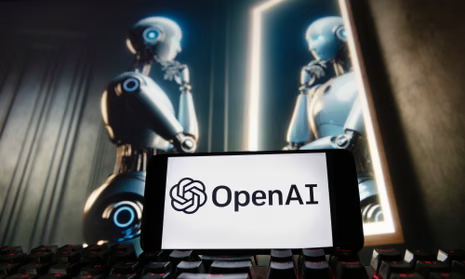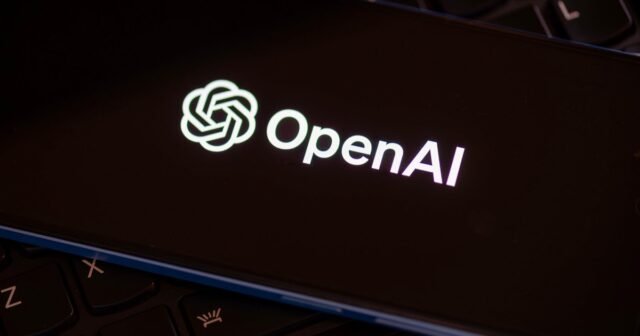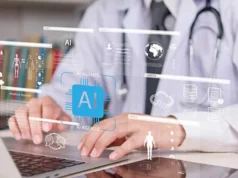In a surprising turn of events, OpenAI—one of the leading names in artificial intelligence—has issued a very public risk warning. The company expressed concern about “potentially catastrophic” effects of AI, notably on employment. According to the alert, the disruption may cut deeper than many expect: certain job roles could be significantly impacted, putting the livelihoods of many workers at risk.
This warning is not just about speculative AI futures; it’s about a real shift in how work is structured today. The message from OpenAI makes it clear that the introduction of powerful AI tools is not risk-free, and the company appears to be urging individuals, businesses, and governments to prepare for a world where jobs are no longer immune to automation.

Table of Contents
Which Jobs Might Be at Risk — and Why
OpenAI’s caution isn’t idle. Some of the most vulnerable roles, according to industry experts, are those that rely on repeatable, cognitive tasks — jobs that AI can learn to do efficiently.
Analysts believe that entry-level white-collar jobs are especially exposed. For instance, paralegals, junior legal researchers, customer support agents, and administrative staff could face automation pressure. Even higher-skill professions like financial analysts, writers, and so on may see parts of their workflow gradually handed to AI. This aligns with data indicating that many job functions are not entirely at risk of vanishing, but rather being restructured.
On the flip side, some jobs are more “AI‑safe.” According to Microsoft’s research, roles that require physical dexterity, hands-on presence, or deep human interaction — for example, nursing assistants or system operators — are less likely to be displaced, as reported by
A Double-Edged Sword: Risk and Opportunity
While the warning is serious, it’s not entirely bleak. OpenAI itself is acknowledging that the disruption could be uneven, offering both risks and new opportunities.
In response, AI companies (including OpenAI) are beginning to build pathways for workers to adapt. OpenAI, for instance, is reportedly developing a certification programme aimed at boosting “AI fluency” among workers — not just to use AI, but to thrive alongside it. This could help employees pivot into more resilient roles or take advantage of new job categories emerging in the AI era, such as prompt engineering, AI operations, or bias auditing.
Experts argue that the shift won’t just involve automation but augmentation — where humans and AI collaborate, each focusing on what they do best. Yet, they also warn: the speed of change could outpace the ability of workers and institutions to adapt, creating a gulf between those who gain AI skills and those who are left behind.

What This Means for Workers — And What to Do Now
For many Nigerians, and for workers elsewhere, OpenAI’s warning should be a call to action. Here are some practical takeaways:
- Stay Informed and Reflect: Pay attention to how AI is already reshaping roles in your industry. Think carefully about which of your tasks might be automated, and which cannot.
- Upskill Strategically: Focus on building “AI fluency” — not just in using tools, but in understanding what AI can and cannot do. Certification programmes like the one OpenAI is developing could help.
- Champion Human Skills: Invest in uniquely human strengths — creativity, empathy, ethical judgment — because these remain harder to automate.
- Engage With Policy: Advocate for responsible AI governance. OpenAI’s warning underscores that systemic responses (from companies and governments) will be key to managing the transition.

Conclusion
OpenAI’s alert is a reminder that the age of AI is not just about progress, but risk — particularly for jobs. While the threat of displacement is real, the company’s warning also opens the door to preparing for the future rather than being blindsided by it. For workers, companies, and governments alike, the next few years may demand not only adaptation, but a proactive rethinking of what work means in an AI-driven world.
Join Our Social Media Channels:
WhatsApp: NaijaEyes
Facebook: NaijaEyes
Twitter: NaijaEyes
Instagram: NaijaEyes
TikTok: NaijaEyes





